Our body is an amazing machine. It has the ability to sense if something is hot enough to burn your skin, sense when a room fills with the scent of gas, or even hear when someone is sneaking up behind you. It would be silly to ignore these signals as you would likely end up hurt.
The average American ignores the body’s signals of sleep deprivation. We’re a go-go-go society. We must achieve and be productive. There is little to no importance given to getting enough sleep.
Often, we feel sluggish and our instinct is to reach for yet another coffee instead of going to bed a slightly sooner that following night.
We tend to override the signal of sleep. Most of us have forgotten what it feels like to be well rested. This creates a “sleep debt” that will be hard to make up.
Seven to nine hours is optimal with slight variations for each person. The national sleep foundation has come up with a few questions to help you decide if you get enough sleep or if you’re in a sleep debt.
Ask yourself:
Are you productive, healthy and happy on seven hours of sleep? Or does it take you nine hours of quality sleep to get you into high gear?
Are you experiencing sleep problems?
Do you depend on caffeine to get you through the day?
Do you feel sleepy while driving?
Do you have chronically tight muscles?
Sleep is important for your body to fully recover and influences many of your normal body functions. It has been shown that not getting enough sleep can influence:
Memory, concentration, problem solving
Increased rates of depression
Decreased libido, decreased metabolism
Increases your risk of developing high blood pressure, diabetes, heart disease
Decreased athletic performance
Increased muscle fatigue and tightness
Muscle Pain
In an optimal situation, you use your muscles to help maintain your posture, as well as engage in activities, but eventually muscle fatigue and tissue damage ensue. When you sleep, the body should repair these muscle fibers and get you ready for the next day ahead. If you are not getting your full night’s sleep, you are likely not fully repairing those tissues that you previously broke down. This results in a cascade effect that can lead to chronic pain and eventually injury.
How do I start?
To ensure you’re getting enough sleep, try these tips from the national sleep foundation:
Stick to a sleep schedule, even on weekends.
Practice a relaxing bedtime ritual.
Exercise daily.
Evaluate your bedroom to ensure ideal temperature, sound, and light.
Sleep on a comfortable mattress and pillows.
Beware of sleep stealers like alcohol and caffeine.
Turn off electronics before bed. Limit use before bed.
This is one of those things that we all know we should do, but simply don’t make the time to keep it a priority. Kids, life, work, etc. are going to challenge your schedule and often sleep will go out the window. At some point you’re going to be so far in sleep debt and so tired that you’re not going to perform well at work, cannot handle little bumps in the road like you used to, and relationships, business, or parenting will suffer. Make time to get enough sleep and you will be able to tackle everything life throws at you with more ease. Simply cut out one episode of your favorite sitcom or limit your evening social media and you can make up some serious time for sleep.
Napping and Meditating
Another approach is to incorporate napping mid-day, or setting some time for a meditative break. Simply setting a routine to find time to either lay in a dark room for 20 mins at lunch or spend 5 minutes of mindful meditation time will help you recharge for the afternoon! All you need is a few minutes of eyes closed, no distractions. The energy you will feel from this is likely equal to your afternoon cup of coffee. There are plenty of apps available online to help guide you through these exercises. Our latest favorite app for both napping, falling asleep with ease and meditation is called Headspace. What are some of your go-to resources for getting enough sleep?
